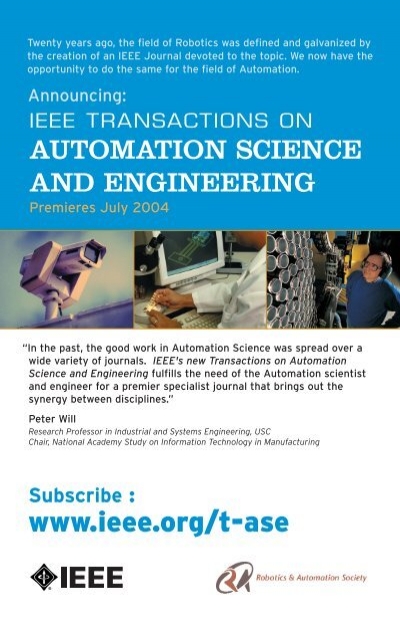基于多智能体深度元强化学习的产消性能市场多区域微电网负荷频率控制
IF 6.4
2区 计算机科学
Q1 AUTOMATION & CONTROL SYSTEMS
IEEE Transactions on Automation Science and Engineering
Pub Date : 2025-03-15
DOI:10.1109/TASE.2025.3570620
引用次数: 0
摘要
在基于性能调频市场化的多区域孤岛微电网中,产消者引起的负荷扰动和配线功率波动频繁,加剧了不同区域调频服务商(单位)之间的利益冲突。为了解决这一问题,本文提出了一种基于雾计算的协同负荷频率控制(FCC-LFC)方法。这种方法借鉴了雾计算的思想,将单元视为独立的代理来输出它们的命令。在网上申请中,每个单位只需要收集自己所在区域的状态进行决策,不需要更多的沟通。此外,为了支持该方法,本文还提出了一种迁移多智能体深度元策略梯度(TMA-DMPG)算法,该算法将迁移学习和元强化学习技术引入到多智能体行为者批评学习框架中。元学习者首先通过高价值的示范轨迹获取元知识,基础学习者运用迁移学习技术实现对任务的快速适应,提高FCC-LFC策略的鲁棒性。在南方电网三沙岛四区LFC模型上进行的实验表明,该方法在降低频率误差、发电成本和调节里程收费方面具有较好的效果。本文介绍了一种针对孤立的多区域微电网设计的FCC-LFC方法。FCC-LFC方法使每个监管服务提供商作为独立代理运行,减少了通信要求并缩短了响应时间。该方案采用迁移学习和元强化学习技术,提高了频率控制效率,降低了发电成本,提高了系统可靠性。实际应用包括改进微电网的频率调节和更好地整合分布式能源,并有可能扩展到其他分散的能源系统。本文章由计算机程序翻译,如有差异,请以英文原文为准。
Transfer Multi-Agent Deep Meta Reinforcement Learning Method for Load Frequency Control of Performance Market-Based Multi-Area Microgrid With Prosumers
In a performance-based frequency regulation market-based multi-area islanded microgrid, there are frequent load disturbances and tie-line power fluctuations caused by prosumers, which intensified the conflict of interests among the regulation service providers (units) in different areas. In order to address this issue, a fog computing-based cooperative load frequency control (FCC-LFC) method is proposed in this paper. This method draws on the idea of fog computing, with the units treated as independent agents to output their commands. In online application, each unit only needs to collect the state in its own area for decision-making, with no more communication required. In addition, to support the method, a transferred multi-agent deep meta policy gradient (TMA-DMPG) algorithm is also proposed in this paper that introduces transfer learning and meta-reinforcement learning techniques into a multi-agent actor critic learning framework. The meta-learner first acquires meta-knowledge through high-value demonstration trajectories, while the base learner applies transfer learning techniques to achieve fast adaptation to tasks and improve the robustness of FCC-LFC strategy. As revealed by the experiments conducted on the four-area LFC model in Sansha Island in the China Southern Grid (CSG), the proposed method is effective in reducing frequency error, generation cost and regulation mileage charge. Note to Practitioners—This paper introduces a FCC-LFC method designed for isolated multi-area microgrids. The FCC-LFC method enables each regulation service provider to operate as an independent agent, reducing communication requirements and improving response times. Using transfer learning and meta-reinforcement learning techniques, the proposed solution enhances frequency control efficiency, lowers generation costs, and increases system reliability. Practical applications include improved frequency regulation in microgrids and better integration of distributed energy resources, with the potential to extend to other decentralized energy systems.
求助全文
通过发布文献求助,成功后即可免费获取论文全文。
去求助
来源期刊

IEEE Transactions on Automation Science and Engineering
工程技术-自动化与控制系统
CiteScore
12.50
自引率
14.30%
发文量
404
审稿时长
3.0 months
期刊介绍:
The IEEE Transactions on Automation Science and Engineering (T-ASE) publishes fundamental papers on Automation, emphasizing scientific results that advance efficiency, quality, productivity, and reliability. T-ASE encourages interdisciplinary approaches from computer science, control systems, electrical engineering, mathematics, mechanical engineering, operations research, and other fields. T-ASE welcomes results relevant to industries such as agriculture, biotechnology, healthcare, home automation, maintenance, manufacturing, pharmaceuticals, retail, security, service, supply chains, and transportation. T-ASE addresses a research community willing to integrate knowledge across disciplines and industries. For this purpose, each paper includes a Note to Practitioners that summarizes how its results can be applied or how they might be extended to apply in practice.
 求助内容:
求助内容: 应助结果提醒方式:
应助结果提醒方式:


